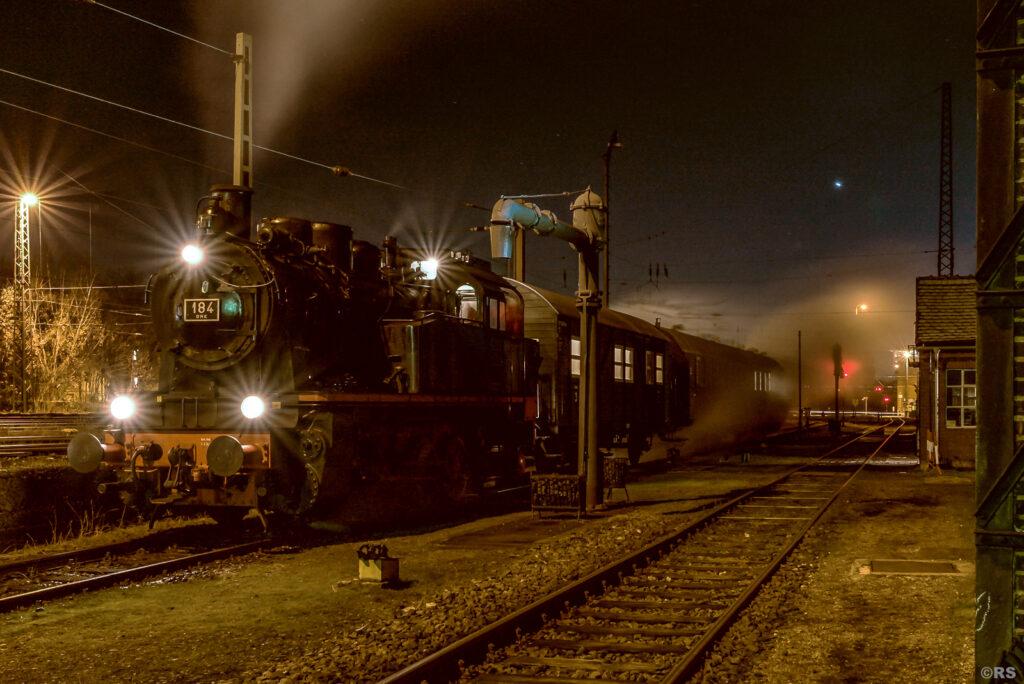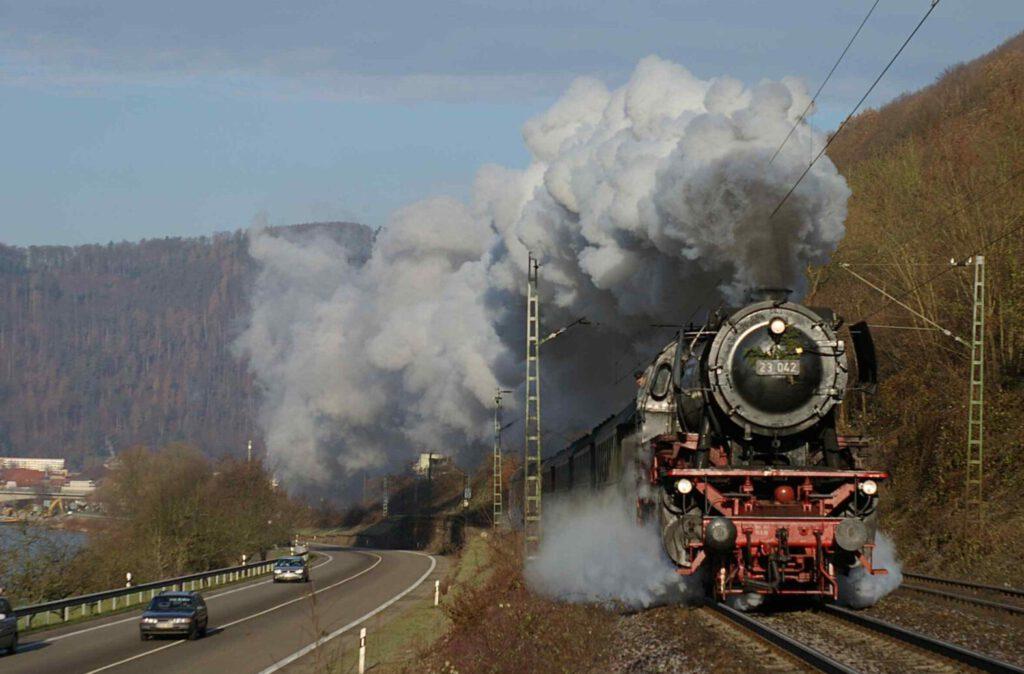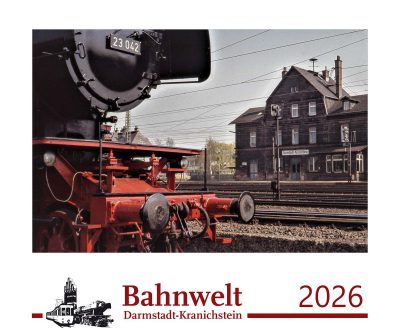As early as the 1920s, small railways were looking for ways to operate lines with low utilisation rates as cost-effectively as possible. They wanted to use railcars for this purpose and tried to incorporate components from bus design. The problem at that time, however, was that there were no efficient gears, especially no reversing gears. After initial trials in Denmark, the Triebwagen- und Waggonfabrik Wismar AG built the “Type Hannover”, a two-axle railcar that could be produced at a low cost by using numerous components from automobile construction. In order to enable driving in both directions, one Ford petrol engine was installed in each direction. Because of its low cost, this development was successful, so that in 1936 up to 5 different versions could be offered.
Our machine came as No. 1 to the Lüchow-Schmarsauer Eisenbahn GmbH and was damaged in 1944. In 1949 it was repaired and was put back into service with the new number T 141 and was taken out of service in 1968. After an interim stay at the Arbeitsgemeinschaft Historische Eisenbahn e.V., it came to our museum in 1985.
MANUFACTURER
YEAR OF CONSTRUCTION
WITHDRAWAL FROM SERVICE
MAX. SPEED

Am Sonntag, den 09.11.2025, bringen wir Sie mit der ELNA 184 ab Darmstadt Hbf zum Dieburger Martinsmarkt!
Genießen Sie dort den ersten heißen Glühwein, fahren Sie mit den Kindern Karussell und freuen Sie sich über ausgesuchte Leckereien und ein vielfältiges Angebot an mehr als 100 Ständen verschiedenster Anbieter!
Restkarten am Bahnsteig verfügbar!

Am Sonntag, den 30.11.2025, geht es mit 23 042 zum Weihnachtsmarkt in der Barockstadt Amorbach!
Ab Darmstadt, Langen, Frankfurt-Süd, Hanau oder Aschaffenburg das besondere Flair einer historischen Dampfzugfahrt erleben und einen schönen Tag in der weihnachtlich geschmückten Altstadt verbringen!

Mit unserem Jubiläumskalender feiern wir 50 Jahre Eisenbahnmuseum Darmstadt-Kranichstein – eines der bedeutendsten Eisenbahnmuseen Deutschlands. Die zwölf eindrucksvollen Motive zeigen dabei verschiedene Exponate im Kontext unvergesslicher historischer Meilensteine aus fünf Jahrzehnten gelebter Eisenbahnkultur.
For better reading, the masculine form is used for personal names and personal nouns on this website. Corresponding terms apply in principle to all genders for the purpose of equal treatment. The abbreviated form of language is for editorial reasons only and does not imply any valuation.
Sie erhalten in Kürze eine E-Mail an die von Ihnen angegebene E-Mail-Adresse. Bitte bestätigen Sie Ihre Newsletteranmeldung über den darin enthaltenen Link.